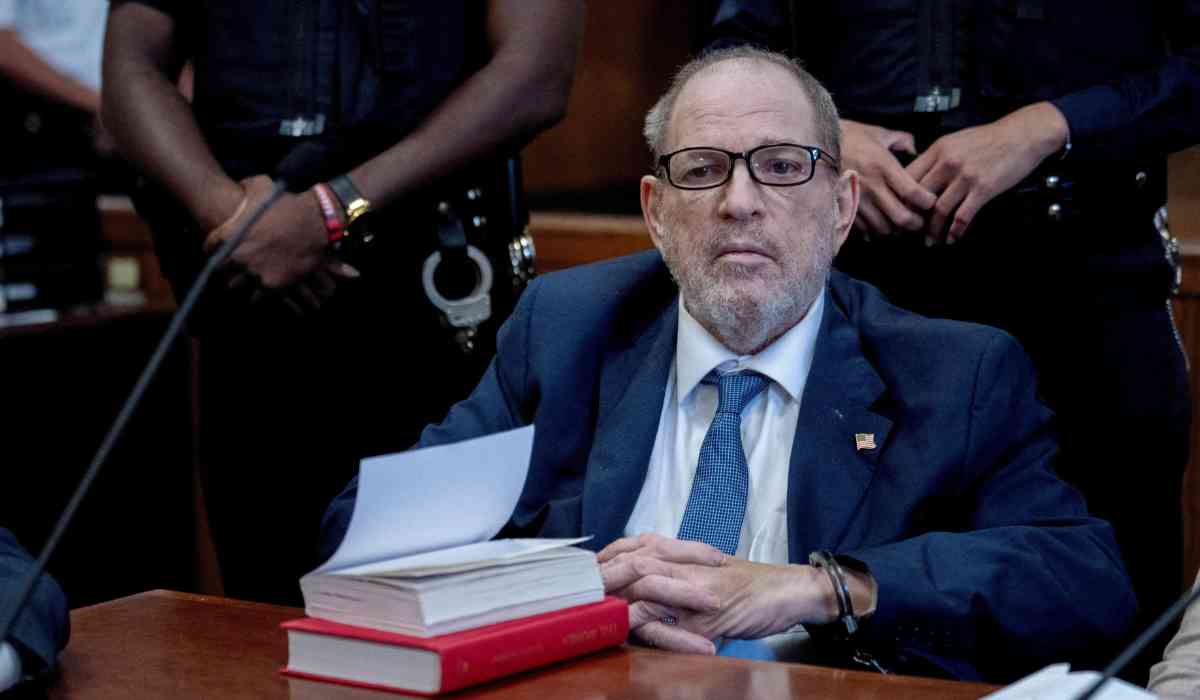Seven years after a cascade of sexual assault allegations against 73-year-old Harvey Weinstein ignited the global #MeToo movement, the disgraced Hollywood mogul is back in court. Jury selection has begun in his 2025 retrial in New York, following the dramatic overturning of his original conviction in 2024.
With a legacy of producing iconic films like Pulp Fiction and Shakespeare in Love, Weinstein's name became synonymous with sexual abuse after over 80 women accused him of harassment, assault, and rape.
But this trial is more than a legal proceeding. It raises critical questions about how the justice system addresses sexual violence, balances evidentiary rules with survivor testimony, and whether true reform—both legal and cultural—is possible.
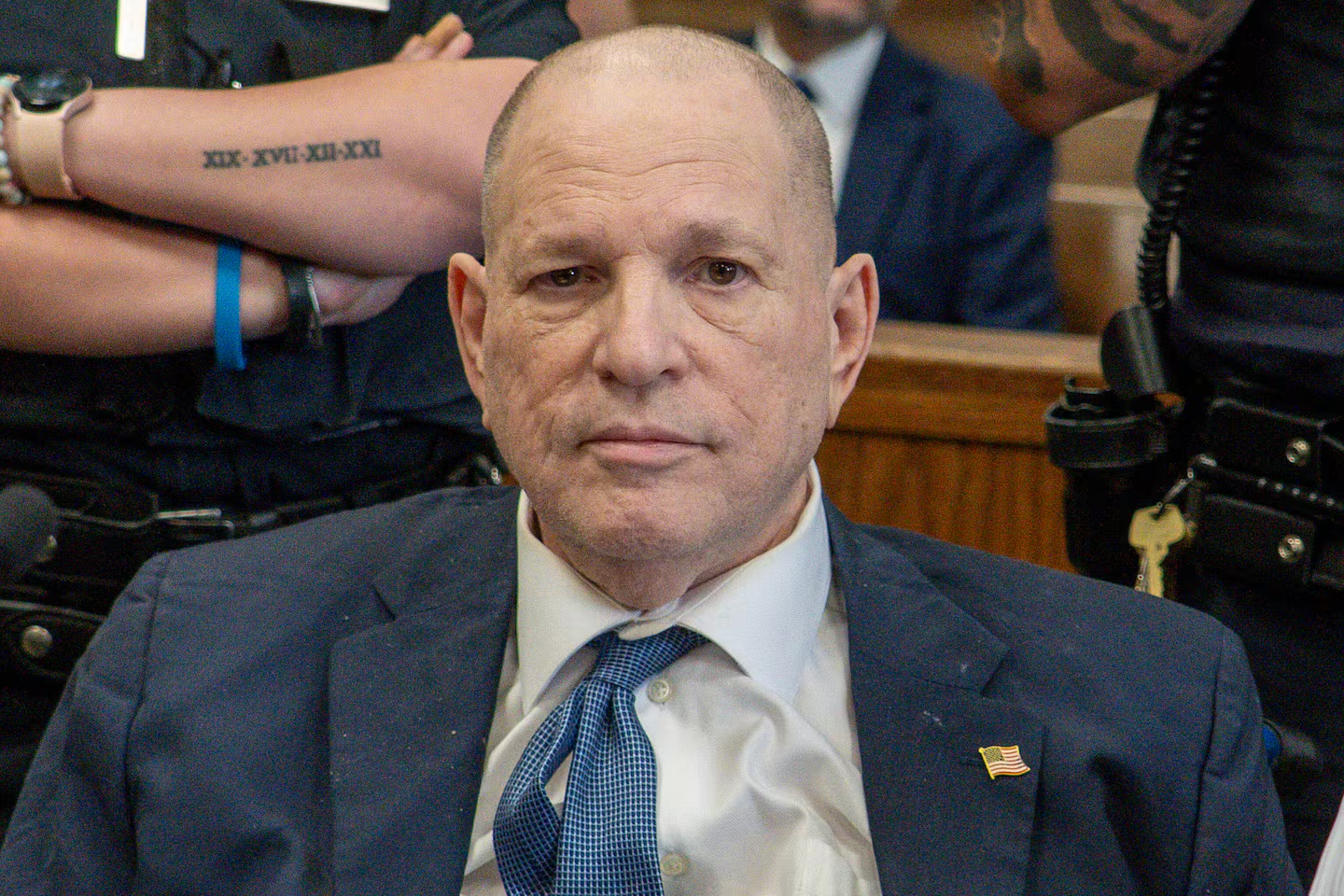
Why Is Harvey Weinstein Being Retried in 2025?
In 2020, Weinstein was sentenced to 23 years in prison after being convicted in New York of two major charges:
-
Criminal sexual assault against ex-production assistant Mimi Haley (2006)
-
Third-degree rape of aspiring actor Jessica Mann (2013)
The case was hailed as a landmark in the movement for accountability around sexual violence. However, in April 2024, New York’s highest court—the Court of Appeals—overturned the conviction. The court ruled that the trial judge had erred by allowing testimony from multiple women whose accusations were not part of the formal charges.
This decision stemmed from the complex intersection of federal vs. state evidentiary laws. While federal doctrine often allows the use of “prior bad acts” to establish behavioral patterns, New York law has stricter limitations on such evidence. The inclusion of uncharged testimony was seen as potentially prejudicial, even if credible and powerful. As a result, the conviction was vacated, prompting the new trial.
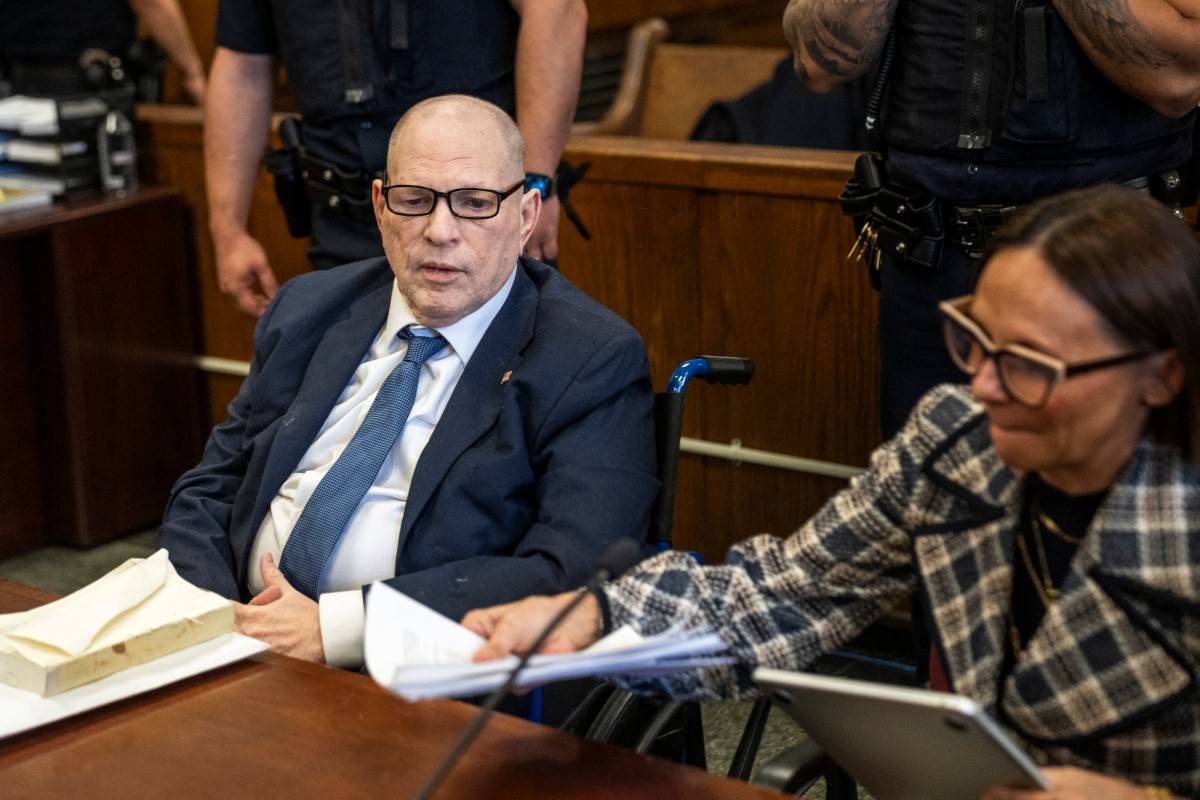
What’s Different in the 2025 Retrial?
The 2025 retrial marks a more narrowly tailored legal approach. Weinstein, now 73 and suffering from cancer and heart issues, faces a new trial based on two specific charges:
-
Third-degree rape
-
Forcible oral sex, stemming from a 2024-added allegation by a third, unnamed woman, who claims Weinstein assaulted her in a Manhattan hotel in 2006
Weinstein’s retrial, which began in April 2025, is being closely watched as it revisits the original charges of sexual assault. Several key aspects distinguish this trial from the previous one:
-
The Narrower Scope: Unlike the 2020 trial, which presented testimony from multiple women, the 2025 trial will focus more specifically on the charges against Weinstein, which include the assault of Mimi Haleyi in 2006, the rape of Jessica Mann in 2013, and a new charge of sexual assault in Manhattan in 2006. The court will exclude extraneous testimony in an effort to maintain a fair trial.
-
Expert Testimonies: The trial will feature expert testimony from Dr. Dawn Hughes, a clinical psychologist specialising in trauma. Dr. Hughes will help explain common responses to sexual assault, such as delayed reporting, continued contact with the abuser, and emotional numbness. This is crucial in cases like Weinstein's, where many survivors did not immediately come forward due to fear, trauma, or manipulation.
-
New Charges: In 2024, a third woman came forward with allegations against Weinstein, claiming he forced her into oral sex at a hotel in Manhattan in 2006. Despite attempts by Weinstein’s defence team to have this charge dismissed, Judge Farber ruled that it should be included in the retrial.
Weinstein's legal team, led by attorney Arthur Aidala, has maintained that the encounters were consensual and has framed the case as one of misunderstanding and misrepresentation, arguing that public opinion and the media have unduly influenced the judicial process.
Despite the narrower scope, the stakes remain high, as this retrial could redefine how courts interpret force, consent, and pattern-based evidence in sexual violence cases.
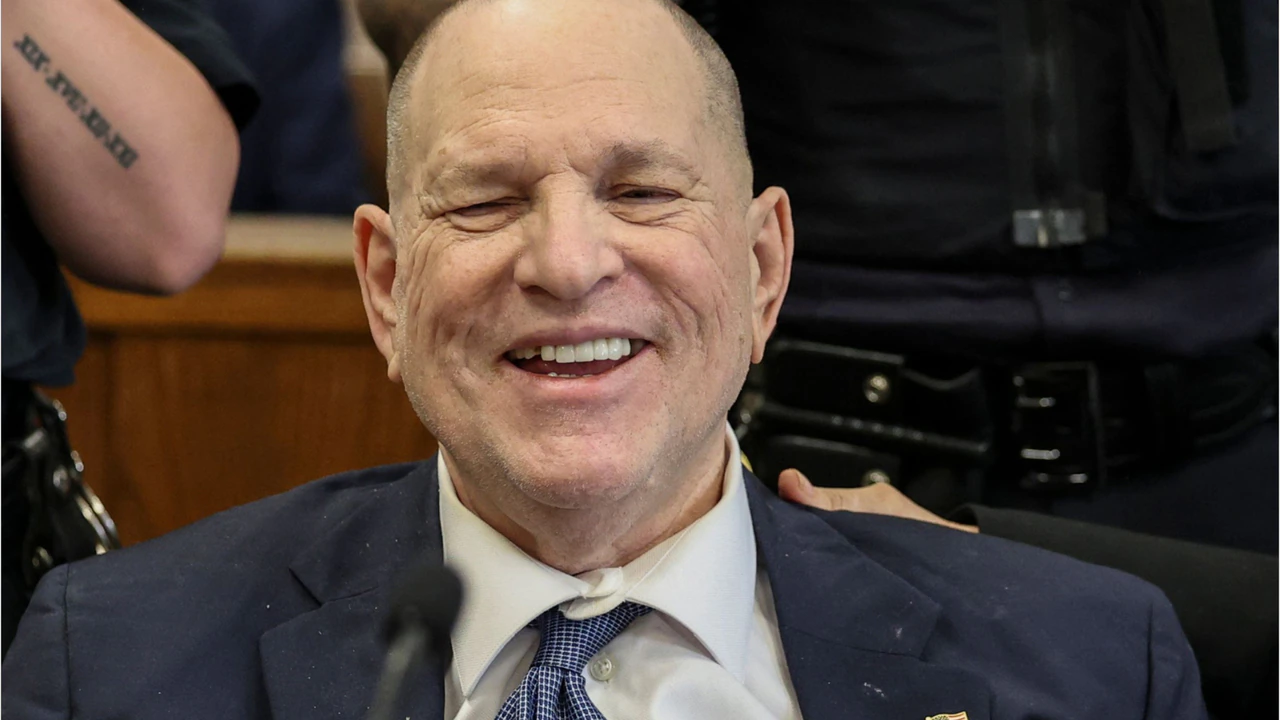
Why Weinstein Will Remain in Prison Regardless of the Verdict
Even if Weinstein is acquitted in this retrial, he will not be released from prison. That’s because in February 2023, he was convicted in Los Angeles of:
-
Raping an actor (identified as Jane Doe 1) in a Beverly Hills hotel in 2013
-
Forcible oral copulation
-
Sexual penetration by a foreign object
He received a 16-year sentence for these charges, to be served after the 23-year New York sentence. While his legal team is appealing the LA conviction, the sentence currently stands, ensuring that Weinstein will remain incarcerated regardless of the New York outcome.
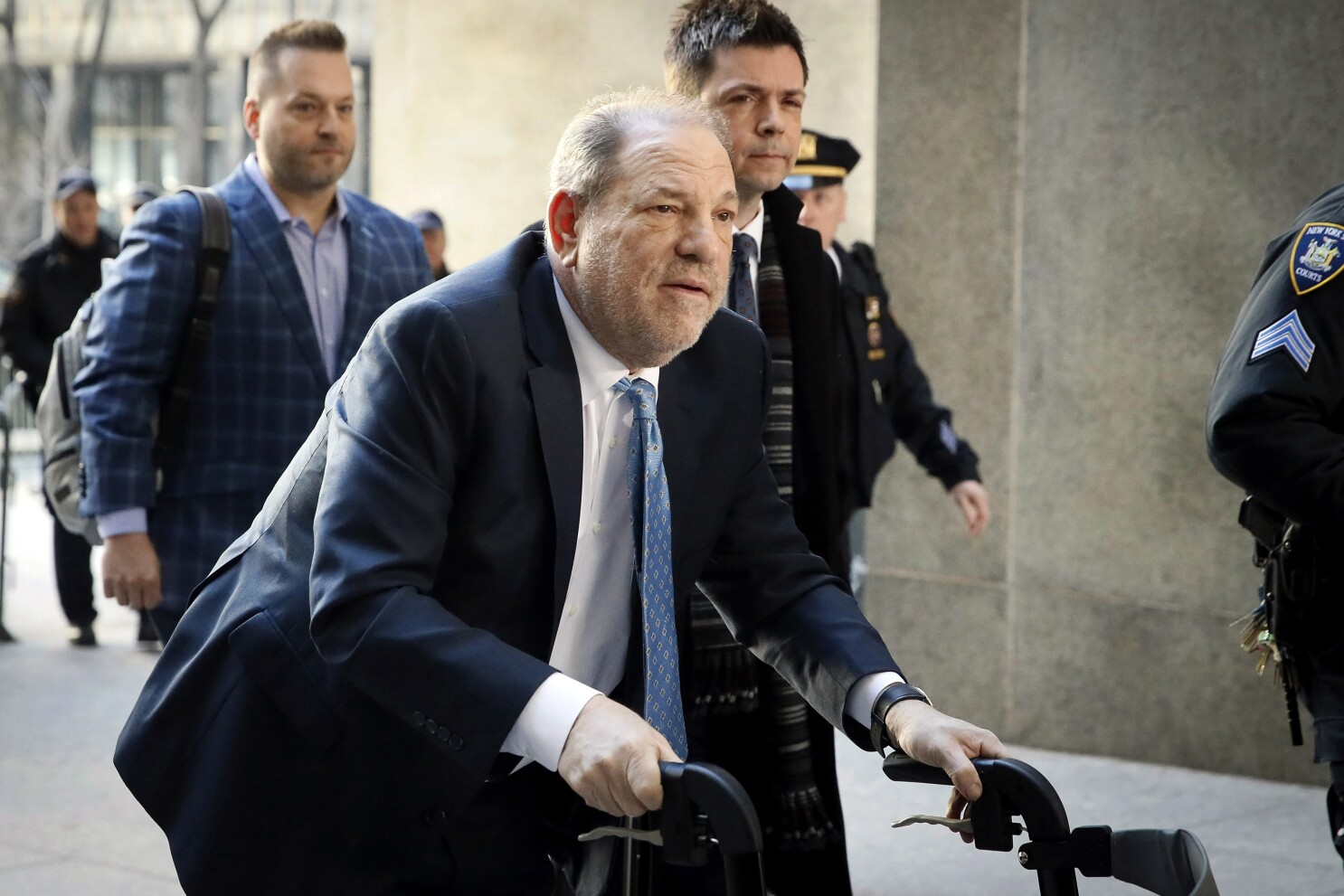
Understanding the Legal Framework: Force vs. Consent
The Weinstein trials expose a deeper flaw in legal systems that continue to frame sexual violence narrowly through the lens of physical force, rather than focusing on a lack of consent.
In New York:
-
First-degree rape (a Class B felony): Requires proof of forcible compulsion, punishable by up to 25 years in prison
-
Third-degree rape (a Class E felony): Requires lack of consent, with a sentence of up to 4 years, and no mandatory minimum
This framework often shifts the burden onto survivors to prove they resisted, rather than focusing on whether they gave willing, informed, and enthusiastic consent.
Legal experts and advocacy groups argue that the system:
-
Overlooks coercion, manipulation, and power dynamics
-
Fails to reflect the reality of serial abuse, often facilitated by silence, fear, and impunity
-
Focuses excessively on victim behaviour rather than perpetrator accountability
Critics argue that laws need to evolve to reflect the realities of sexual violence. In many cases, survivors do not have to physically resist to be assaulted. The absence of consent should be the focus, rather than the presence of force. Advocates, including organizations like Equality Now, are pushing for legal reforms that redefine rape based on consent, not force.
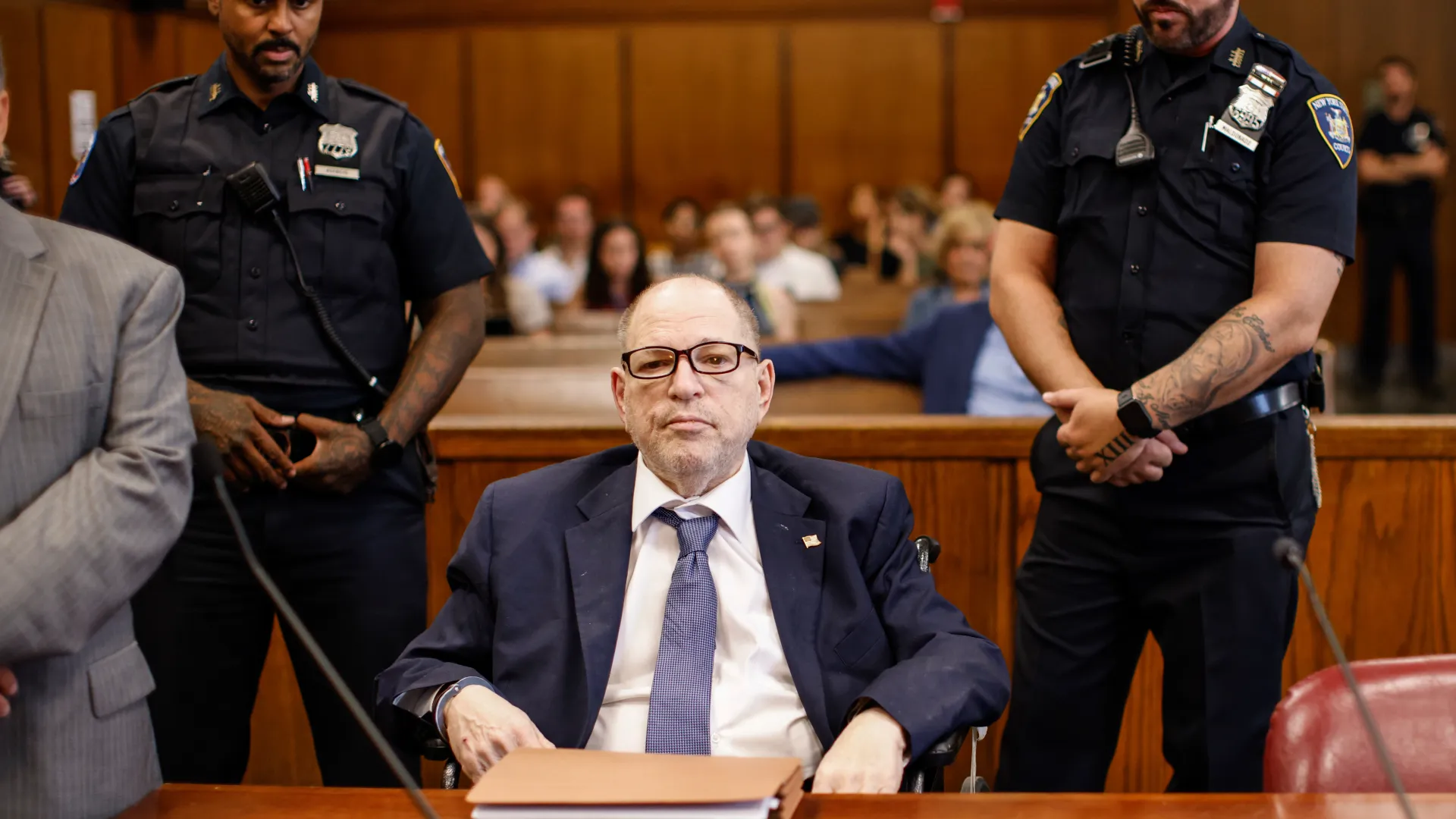
The Role of International Human Rights Standards
Despite being a high-income nation, the United States has not adopted several major international human rights treaties related to sexual violence, including:
-
Belém do Pará Convention
-
Convention on the Elimination of All Forms of Discrimination Against Women (CEDAW)
-
Istanbul Convention
Each of these frameworks recognizes that sex without consent is rape. Aligning U.S. law with these standards would:
-
Modernize domestic legal definitions of rape and sexual assault
-
Promote survivor protection
-
Strengthen institutional accountability
Weinstein’s retrial is a reminder of the urgency for the U.S. to harmonise with global best practices in combating sexual violence.
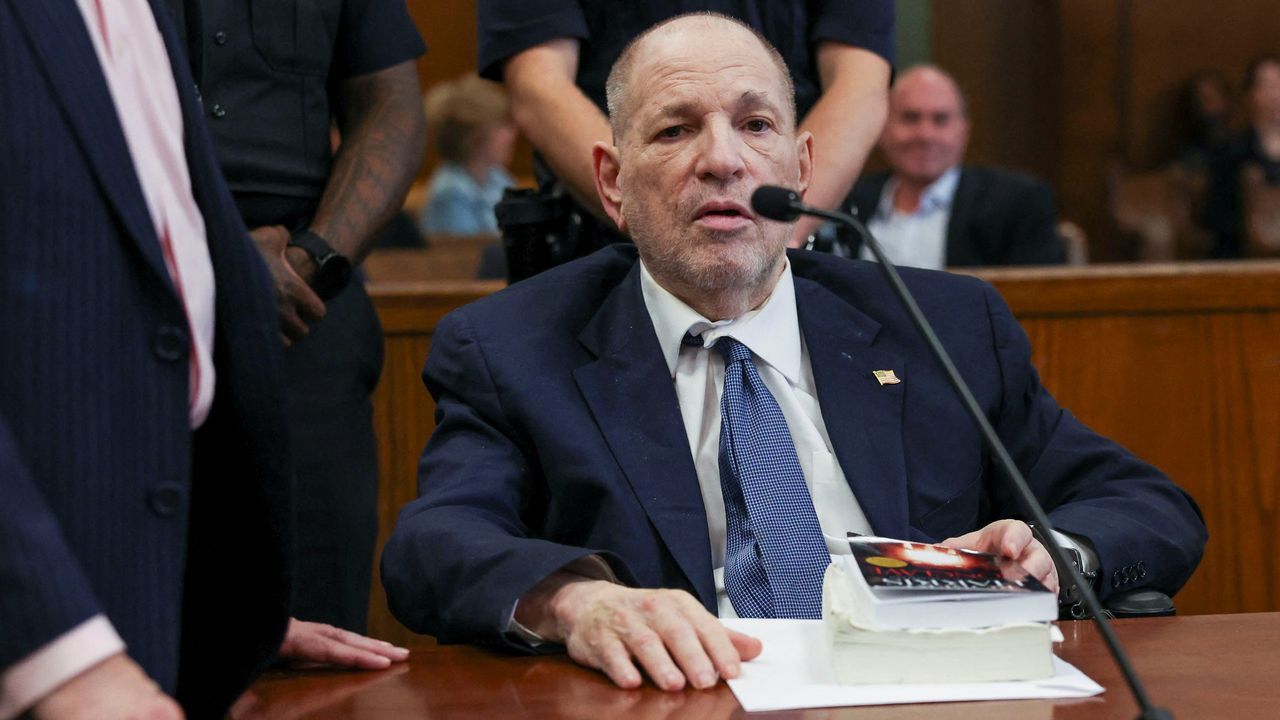
#MeToo Then and Now: Has It Made a Difference?
When actress Alyssa Milano tweeted “Me Too” in 2017, it catalyzed a cultural reckoning. Survivors worldwide broke their silence, challenging systemic silence around gender-based violence.
What Has Changed Since 2017:
-
Statutes of limitations on sexual assault have been extended in multiple U.S. states
-
Use of non-disclosure agreements (NDAs), once weaponized by Weinstein, is under reform
-
More survivors have come forward across industries
-
High-profile cases have led to powerful men losing jobs, facing legal action, or both
#MeToo's Impact on Legal Reforms
The rise of #MeToo was a watershed moment in the fight against sexual violence. The movement, which began in 2017, empowered women to share their stories and demand accountability for perpetrators of sexual assault and harassment. It brought significant changes, including legal reforms and increased public awareness of gender-based violence.
Since #MeToo, several legal reforms have been enacted in response to the growing demand for justice and transparency in sexual violence cases. These include:
-
Extended Statutes of Limitations: In several US states, the statute of limitations for prosecuting sexual assault cases has been extended, allowing survivors more time to come forward.
-
Reforms to Non-Disclosure Agreements (NDAs): Weinstein, who was notorious for using NDAs to silence victims, has seen the legal landscape change. Some reforms have made it more difficult for perpetrators to use these agreements to prevent victims from speaking out.
While these reforms have empowered survivors, experts argue that they are not enough to address the root causes of sexual violence. The focus has often been on individual cases, like Weinstein’s, rather than tackling the systemic issues that enable sexual violence to continue unchecked.
Criticisms of the #MeToo Movement
While #MeToo has undoubtedly led to positive change, some critics argue that it has focused too much on individual men and individual cases rather than on the broader cultural and institutional factors that enable abuse to persist. Professor Alison Phipps, a sociologist specialising in gender, points out that while high-profile cases like Weinstein’s have raised awareness, they have also created the false impression that only serial offenders are perpetrators of sexual violence. Most cases, she argues, occur in everyday environments, such as workplaces and universities, and involve one-off incidents of sexual harm.
Phipps advocates for deeper cultural shifts, particularly in how young men are educated about consent, relationships, and power dynamics. Addressing these issues requires a broader societal effort, including comprehensive sex education and transforming how workplaces and institutions handle harassment claims.
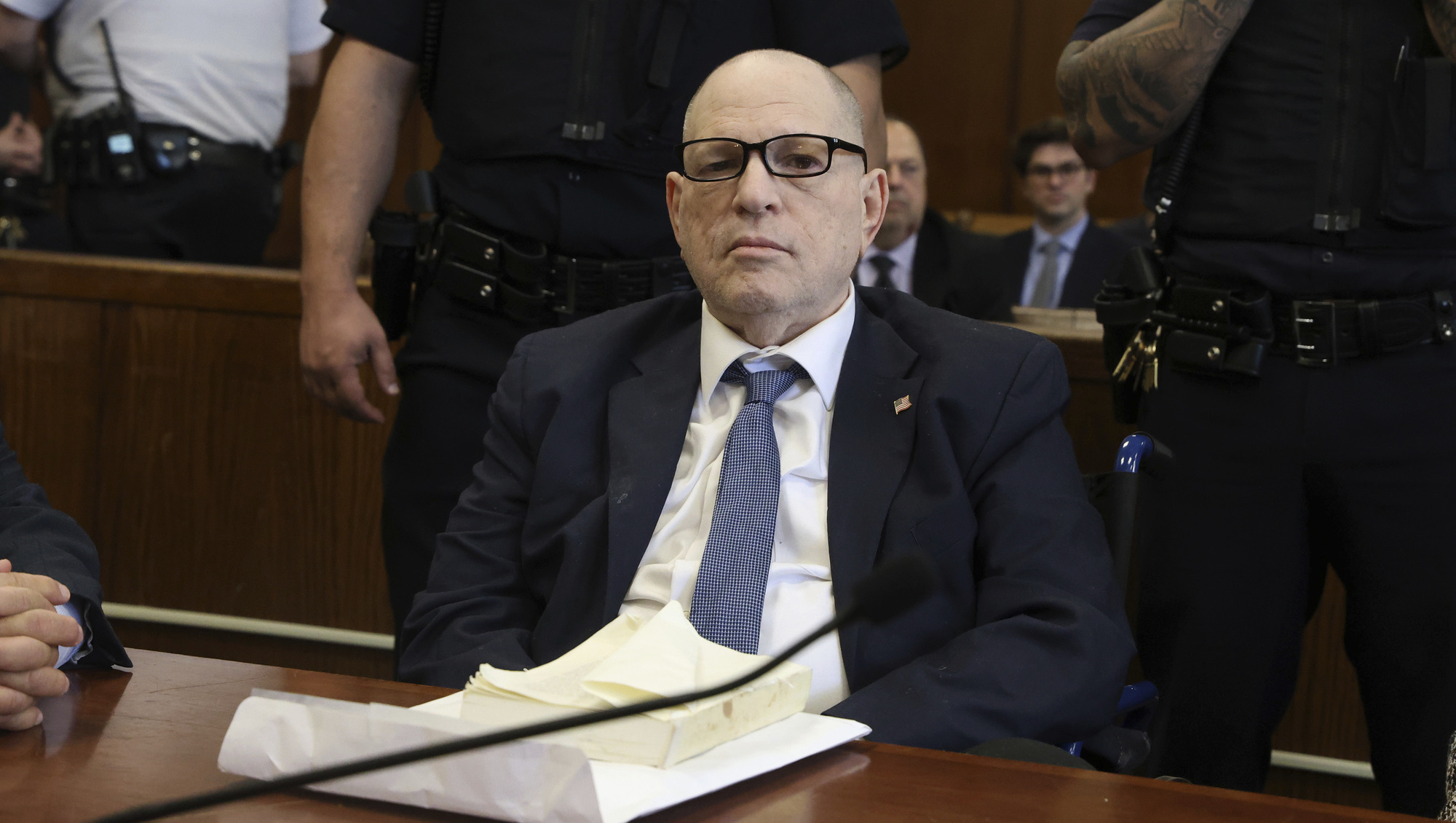
The Path Ahead: Legal and Societal Change
Weinstein’s retrial, along with the broader conversation about sexual violence, highlights the need for continued legal and cultural changes. As the case unfolds, the focus must not only be on the actions of individual perpetrators but also on the systemic changes needed to protect survivors and hold offenders accountable. This includes:
-
Justice for Survivors: The legal system must evolve to reflect the realities of sexual violence, where consent, not force, should be the key focus.
-
Cultural Reforms: There must be a societal shift that addresses the underlying power dynamics and cultural norms that perpetuate sexual violence.
As the retrial of Harvey Weinstein progresses, it serves as a critical moment for both the legal system and the #MeToo movement. The outcome of the trial will likely have far-reaching consequences for how sexual assault cases are handled in the future. It also underscores the need for broader reforms in both law and society to ensure that survivors are heard, perpetrators are held accountable, and justice is delivered.
The world is watching. And it’s demanding better.
With inputs from agencies
Image Source: Multiple agencies
© Copyright 2025. All Rights Reserved Powered by Vygr Media.

